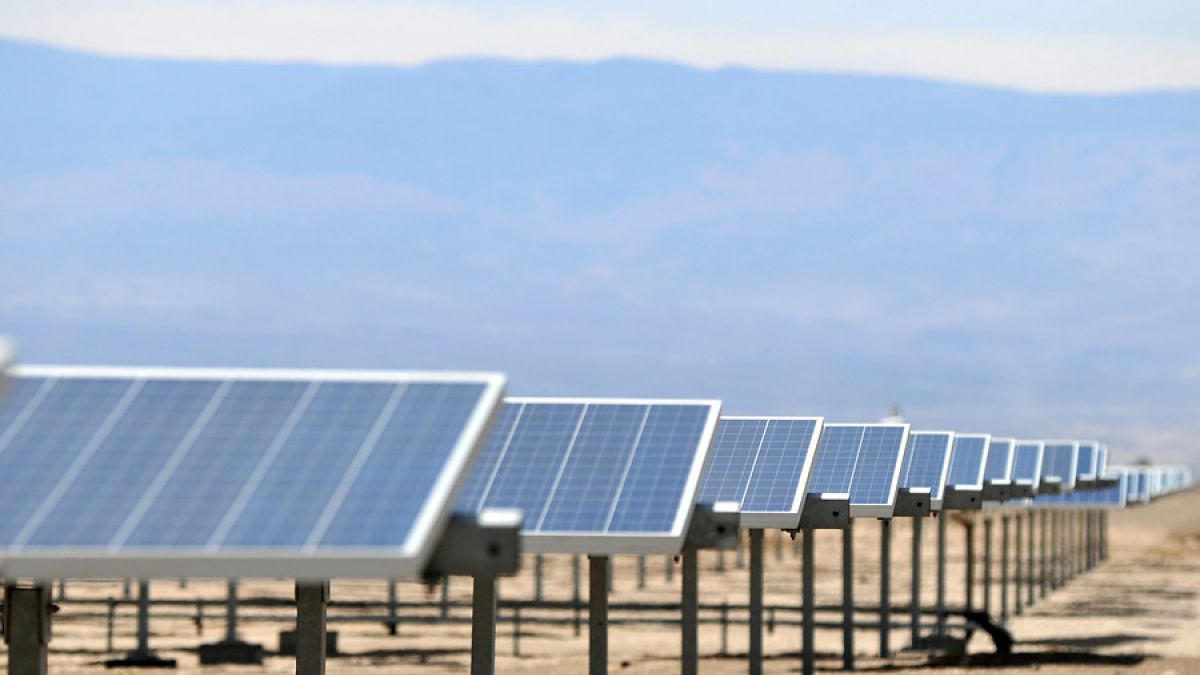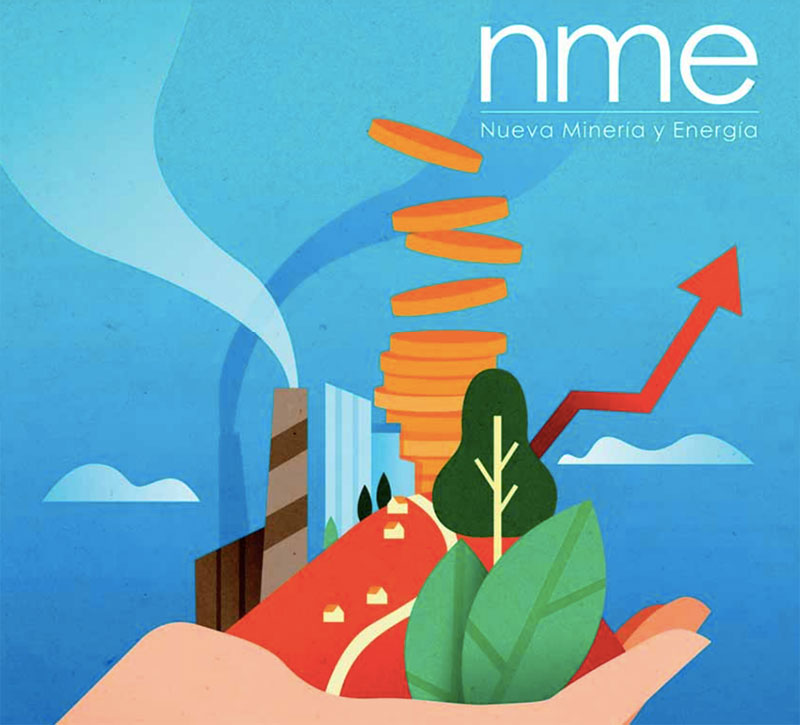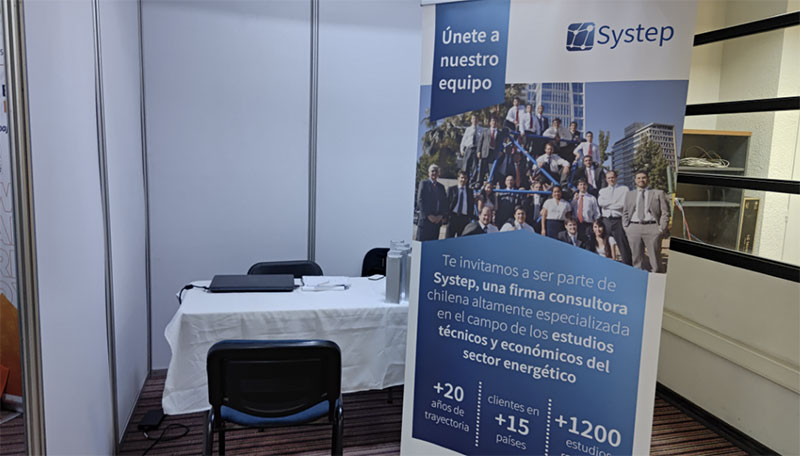
A strong presence of these initiatives is expected in the upcoming tenders. Experts explain why there is interest in this business.
Long-term prospects would be the main attraction for investing in NCRE today.
Once again we are likely to see a strong commitment from companies to Non-Conventional Renewable Energies (NCRE) -especially solar and wind- in the electricity supply tenders for regulated customers, which will take place in July.
As “El Mercurio” published a few weeks ago, at least 11 international companies will participate in the process, and many of them will bet on renewable projects. This contrasts with Bloomberg’s recent warning that “Chile has so much solar energy that it is now giving it away”. This is in reference to some companies, mainly solar, that in some areas of the country – and as a result of marginal costs that are zero – are facing serious financial problems.
In view of this, the question arises: Why, despite this disadvantage observed in the local electricity market, is there still a strong interest from foreigners to invest in this type of generation sources?
For experts this is mainly because electricity is a long-term business and in Chile the natural conditions (solar radiation and wind power) are very beneficial. María Isabel González, of Energética, comments that demand today is lower than projected, mainly due to the delay in mining projects (large consumers of energy), but this should change. “The current one is a one-off situation,” he estimates. Ramón Galaz, of Valgesta, says that the aforementioned conditions, together with the falling investment costs of technologies and access to very attractive debt rates, both in Europe and Asia, are arguments that investors look at when making their decisions.
Francisco Aguirre Leo, from Electroconsultores, states that this tender will be very attractive for those operators already installed, who today need to contract their energy because the spot market has very low prices. “That’s why low prices are forecast,” he says. He adds that the curiosity is at what price the new non-NCRE investors will bid.
Pablo Lecaros, of Systep, warns that “the situation of high prices does not seem likely to be repeated in the short or medium term”, but despite this adverse outlook, many renewable developers are betting on tenders as a means to obtain a contract that will make their projects financially viable.
Finally, the investments being made in transmission lines will allow system prices to be balanced in the future, they say.
“For many years in Chile NCREs were mopped up, all kinds of things were said about them, that they were intermittent, that they were unproven technology, that they were only for rich countries that could subsidize them, and today we see that 45% of all energy investment in Chile is NCREs.”
MÁXIMO PACHECO
MINISTER OF ENERGY





